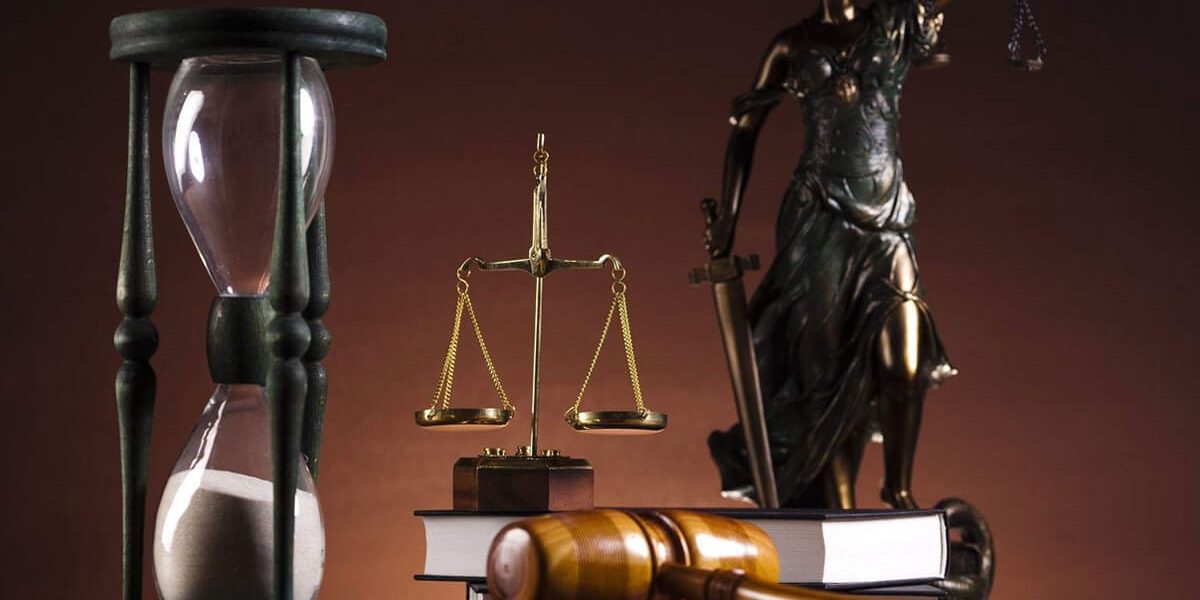
The Philippine Bar Association, the oldest voluntary national organization of lawyers established in April 1891, expresses its deep concern over the recent abrogation by the Department of Defense of its Accord with the University of the Philippines.
In its letter dated 15 January 2021, the Department of National Defense unilaterally terminated the UP-DND Accord of 1989. For over thirty (30) years, the Accord protected academic freedom in the University of the Philippines from undue influence of the armed forces and the police. In its defense, the Office of the Solicitor General asserted that the Accord was revoked in view of the fact that schools, UP among them, have become the hotbed for CPP/NPA recruitment activities. This is a cause for alarm if established by evidence. However, the OSG offers none. Just because there had been isolated instances of UP students joining the CPP/NPA, it does not follow that UP is a “hotbed”. For the same reason that we cannot accuse the uniformed services of being killers for the acts of a few rotten apples, the OSG treats UP and other schools unfairly by branding them as supposed breeding grounds for communists.
It is asserted revocation of the UP-DND Accord is justified since prior notice to UP officials hinders the serving of a search or arrest warrant. This claim however is premised on the unfair view that UP is a coddler of criminals. Far from it, the Government should view UP as a partner in the enforcement of the law. Any perceived difficulties by law enforcement can and ought to be
resolved through prior consultation and dialogue as the UP-DND Accord of 1989 originally envisioned.
The OSG further claims that the Accord requiring prior notice violates the Rules of Court since there is no provision that requires it. This “violation” is illusory since the Rules do not prohibit it. The Supreme Court has ruled that what is not prohibited by law may be done. (Knights of Rizal v. DMCI, 2017) It is also claimed that the Accord violates the Equal Protection Clause since it requires law enforcement officers to take special steps in implementing warrants. But the Equal Protection Clause is not violated when military men who have actually
taken up arms against the Government are afforded special treatment to submit themselves to the authority of the law. This is the same spirit of benevolent reconciliation that is the underlying foundation of the Accord.
Finally, the OSG contends that the cancellation of the Accord does not defeat the freedom to peaceably assemble and protest. This assertion, however, forgets that how can one peaceably assemble and voice dissent under pain of surveillance, detention, and prosecution? The threat of punishment deters Rights that cannot exist in a hostile environment. One cannot meaningfully exercise one’s right to petition the Government for the redress of grievances while facing the barrel of a gun or in the presence of clandestine operatives. The mere threat of surveillance and arrest chills the People to silence, suppressing the rights that underpin our democracy.
Being Government institutions, UP and DND should not view each other as adversaries but as partners sharing a common goal: protecting the Rule of Law while affording respect to human rights. Indeed, close coordination and cooperation between Government agencies has always been and should remain the norm.

